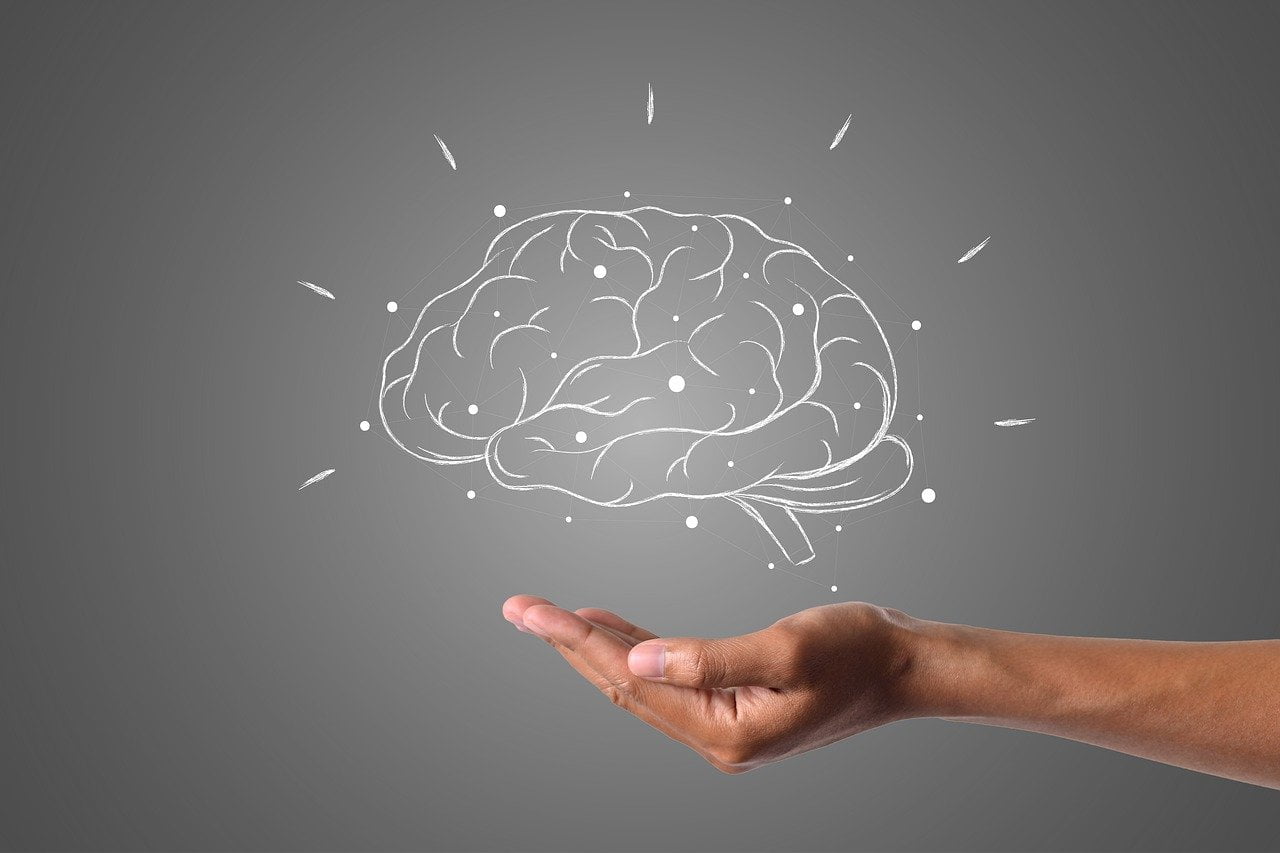- Home
- Types of Addiction
- Ecstasy Addiction Help & Treatment
Ecstasy Addiction Help & Treatment
Ecstasy or MDMA is a psychoactive drug, which means it contains chemicals that significantly alter our central nervous system, perception, psychological processes and conscious experience.
Ecstasy is predominantly a stimulant drug that produces a slightly psychedelic effect, and even hallucinations if taken in higher doses.
Ecstasy can be crushed, snorted, or taken in liquid form via an injection, although it tends to be swallowed as a tablet by a large proportion of users.
Why Do People Take Ecstasy?

People take ecstasy to alter their mood and to experience reality differently.
This is because ecstasy possesses hallucinogenic properties as well as being a stimulant drug.
Ecstasy can heighten empathy, love and sexual arousal and create distortions in time that make people forget about their worries and place themselves at peace in the present moment.
Ecstasy generates feelings of pleasure and reduces depressive states due to its ability to overload the brain with feel-good chemicals such as serotonin, dopamine and norepinephrine.
Signs And Symptoms Of Ecstasy Addiction

The DSM5 proposes that if, over a 12-month period anyone who is exhibiting 2 of their 11 criteria (as indicated by their behaviour) is likely to have developed a mild addiction to ecstasy.
Some of the DSM5 criteria include:
- Participating in regular consumption of ecstasy and, as time passes, they will engage in heavier and more frequent use of the drug.
- They are unable to control their use of ecstasy and may have tried to give up the drug several times without success.
- They experience regular cravings to take the drug.
- They are preoccupied with ecstasy and devote a lot of time to thinking about it, obtaining it and taking it.
- They have lost interest and enthusiasm for other important activities in their lives that they once found fulfilling.
- They continue to take ecstasy despite the obvious physical and psychological harm it is doing to them.
Anyone who has met 4 or 5 of the DSM criteria can be said to have developed a moderate addiction to ecstasy, and if they meet 6 of the 11 criteria then they will be assessed as having a severe addiction.
Ecstasy – Tolerance And Physical Withdrawal Symptoms

Tolerance to ecstasy develops over a long period of time when compared with other stimulant drugs, but there are unlikely to be strong withdrawal symptoms when people stop taking ecstasy.
However, in some cases, if people do experience strong withdrawal symptoms, then they will surface 12 hours after they stop taking the drug, but should disappear within a few days.
The after-effects of the drug may include fatigue, depression and anxiety.
Ecstasy – Psychological Dependence

Because of its hallucinogenic effects, ecstasy is a drug with a strong potential for psychological dependence.
The psychoactive ingredients in ecstasy release the chemicals serotonin and dopamine into the brain, leading to people feeling more empathy and love for the people around them.
If a person takes this regularly then they will develop a psychological dependence on the drug.
Because of this, they will struggle to control their use of the drug as they have become reliant on the psychological effects of the drug, as these effects drug are very rewarding and meaningful for them.
Dangers Associated With Regular Ecstasy Use

The danger of ecstasy is that it is a drug that enables people to sustain high levels of energy.
However, if hydration is not maintained regularly then an electrolyte imbalance coupled with dehydration can lead to serious medical consequences.
Research has found that regular ecstasy use is associated with depressive symptoms and has even been known to trigger psychotic symptoms.
It has also been reported that ecstasy users experience anxiety, panic attacks and insomnia, whilst evidence indicates that ecstasy may cause brain damage.
There is also a risk of the liver becoming damaged through excessive use.
It is, therefore, advisable to get in touch with a GP or psychiatrist as soon as possible to investigate any physical or psychiatric damage that may have occurred.
Support For Ecstasy Addiction

There can be a significant wait to enter a drug rehab treatment programme, particularly for those who have applied for NHS funding to cover the cost of their treatment.
It is essential to receive a medical assessment as soon as possible along with ongoing monitoring.
However, whilst waiting to begin rehab there are free services people can access that will provide them with psychological support and the cognitive skills required to enhance their chances of giving up ecstasy.
Two of these free services are recovery support groups and SMART Recovery.
Support Groups – NA
Narcotics Anonymous support groups run regularly throughout the week in most areas of the country.
These organisations can play a key role in providing information and encouragement to newcomers trying to find their feet and understand how to deal with their ecstasy addiction.
NA has adopted the AA principle of fellowship and mutual support in the way they structure their group meetings and also encourage members to follow their adapted version of the AA 12-step programme.
Support group meetings are free to attend, always welcome new members and provide a valuable resource both before and after treatment.
SMART Recovery
SMART Recovery has been a significant addition to the list of support options for people looking to recover from harmful drug use.
This UK based charity has developed a national collection of specially trained volunteers to help people develop the cognitive skills necessary to deal with strong emotions and cravings as they seek to abstain from taking drugs.
These are key skills that are imperative for avoiding relapse.
They also run programmes and develop resources to enhance a client’s personal development, which they see as essential in helping a person grow to achieve their life goals.
Treatment For Ecstasy Addiction

It is important for clients to be referred to a drug rehabilitation service that is skilled and experienced in treating high levels of ecstasy use.
There will be many treatment centres throughout the country that will provide medical and psychological support for those wishing to overcome ecstasy addiction.
Medical Treatment For Ecstasy Addiction
As far as pharmacological interventions go patients going through withdrawal will require medication such as anti-depressants to help them cope with the low mood, depressive feelings, anxiety and panic attacks they may experience.
People who use the ecstasy frequently and stop suddenly may experience intense psychological withdrawal symptoms after 12 hours, but these symptoms should be significantly reduced after a few days.
It is important that clients are monitored very closely during the early stages of withdrawal by medical staff (3-4 days), due to the risk of brain damage and potential psychosis that is associated with ecstasy use.
Inpatient Or Outpatient Treatment?
Careful consideration should be given to the nature of each client’s treatment arrangement.
It may be preferable for clients to have inpatient treatment at a rehab centre where they can be regularly monitored during the vulnerable part of the withdrawal phase.
However, it may also be possible to arrange regular medical supervision for outpatients as well.
An individual risk assessment will be carried out on each patient to establish the best option for them.
Psychological Interventions For Ecstasy Addiction

There are many psychological interventions available to help people overcome their psychological dependence on ecstasy.
Clients will receive varying combinations of the following treatments to help them move forward depending on the outcome of the comprehensive assessment conducted during admissions.
Brief Counselling Sessions
Brief counselling sessions are used to impart important information to the client about the medical and psychological consequences of their ecstasy use.
The therapist will educate the client about what will happen to them if they continue to take ecstasy at the same level they are currently taking.
The client will then be asked what their feelings are on what they have just been told, and then the therapist and client can explore the options available for the client to choose their next course of action.
Motivational Interviewing (MI)
If at any time during their treatment sessions the client is displaying signs of apathy and resistance to treatment, then MI sessions will be used to investigate the causes of their stagnation.
By engaging in a dialogue with the therapist the client will be able to pinpoint the reasons for their ambivalent feelings towards treatment and work through this challenging phase.
Cognitive Behavioural Therapy
The client’s core beliefs are examined to establish if there are any erroneous patterns in the way they view themselves and how they respond to significant events in their lives.
People with low self-esteem and negative thought processes turn to substances to help boost their low mood.
By working with a CBT therapist clients can come to understand how their inaccurate views and perceptions have contributed to their addiction.
Individual Therapy
Individual addiction counselling and psychotherapy sessions play a key role in aiding recovery from ecstasy addiction.
The sessions will enable the clients to understand the reasons for their psychological reliance on ecstasy and why they lost the ability to control their consumption of the drug.
There are several counselling models available to clients and whichever mode they end up receiving will help them express their feelings about and explore the causes of their drug-taking.
Clients will be encouraged to discuss the various circumstances in their lives that they feel may have contributed to their need to take drugs, whether it is related to a family or relationship breakdown, low self-esteem, physical illnesses, redundancy or traumatic events and experiences.
Group Therapy
Group therapy will help improve each client’s ability to relate to others in a more meaningful and productive way.
They will come to value the importance of fellowship and positive relationships by learning about empathy and healthy communication patterns.
The group will also provide them with a sense of belonging, which is vital for good mental health and can act as the family they never had, particularly if they had adverse experiences during their early years.
12-Step Programme
This is a central cornerstone of many addiction treatment programmes and is based on the Alcoholics Anonymous model.
All clients will work through a series of challenging reflective exercises surrounding their life and their use of ecstasy.
Some of these steps are:
- Acknowledging your own powerlessness over the drug
- Making a list of all the people you have harmed
- Identifying your personal character flaws
- Investigating and contemplating your own spiritual beliefs
Education Workshops

As well as psychological therapies rehab services will provide a range of workshops to help increase the knowledge base of clients, helping to give them the skills necessary to give up taking ecstasy.
Drug rehab services will provide educational workshops on the following:
Drug-Related Information
When trying to elicit a behavioural change it is very necessary to educate patients about the harm they are doing to themselves and the relevant science behind the physical and psychological harm caused by drug use.
This will help clients gain an understanding of the addictive process and the chemical characteristics of ecstasy.
Providing them with clear, scientific facts enables clients to carefully consider the implications of their behaviour more deeply than they have previously done.
Relapse Prevention
Clients will work with highly skilled therapists to detect the specific high-risk situations that they may encounter in their social and professional lives which are likely to make it difficult for them to resist taking ecstasy.
Once identified, the therapist and client can collaborate to design specific strategies that the client can implement when they encounter these high-risk situations.
Cravings Management
Clients can develop key cognitive skills to learn how to deal with strong emotions and the powerful cravings that may be associated with high levels of ecstasy use.
Personal Development
Clients need to think about their personal development as part of their recovery from addiction.
One of the reasons why they may have become involved with taking substances is because they struggled to find meaning and direction in their life.
By exploring who they are and what kind of life they would like to live, clients can set short, medium and long term goals to help them find direction.
Clients may wish to consider the type of job they would like to do or whether they would like to pursue further education.
They may also wish to engage in certain hobbies, activities and interests that they may have not been able to do so far in their lives.
This may involve exploring new topics such as art, music or sports, all of which can be therapeutic in themselves.
Lifestyle Management
Fully recovering from addiction involves incorporating changes into many areas of their life to ensure that it is healthy and balanced.
For example, clients must understand how to manage their stress levels, eat healthy meals and obtain regular, healthy sleep.
This makes their permanent recovery all the more likely.
Get Help For Ecstasy Addiction

Finding the right treatment service that can help you live free of an addiction to ecstasy is often a complicated and time-consuming process.
If you need urgent help and are finding the wide variety of treatments on offer overwhelming, we are here to help.
Our ecstasy addiction treatment assistance gives you:
- A free help and evaluation service to help you choose
- Guidance on the best treatment options for your circumstances
- Assistance in picking out the most cost-effective options
- Information on quality of care, best clinical practice and more
- Complete clarity so you can make the right treatment choice
Call today in complete confidence on 08000 886 686 to take your first steps on the road to a happy and healthy new life.















